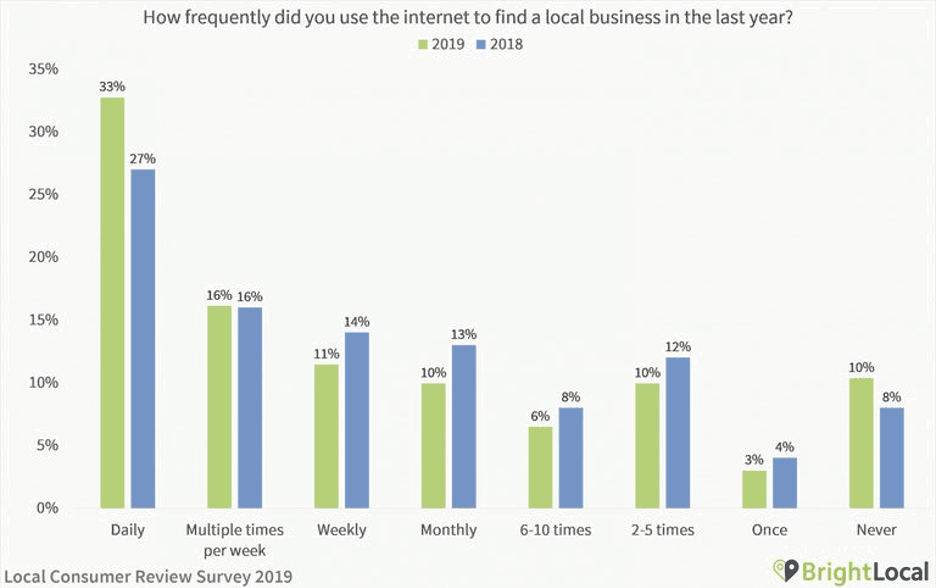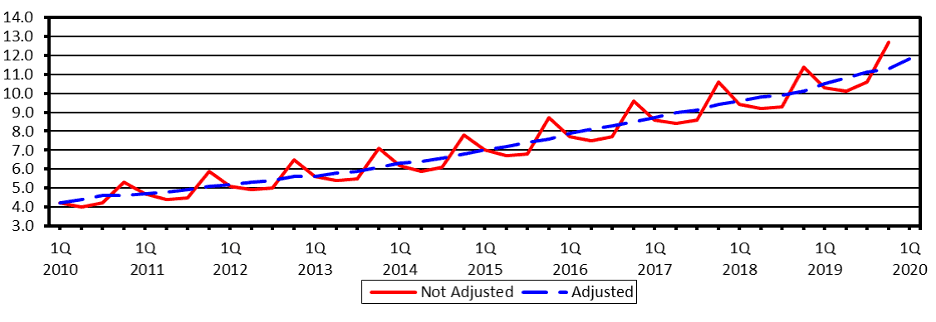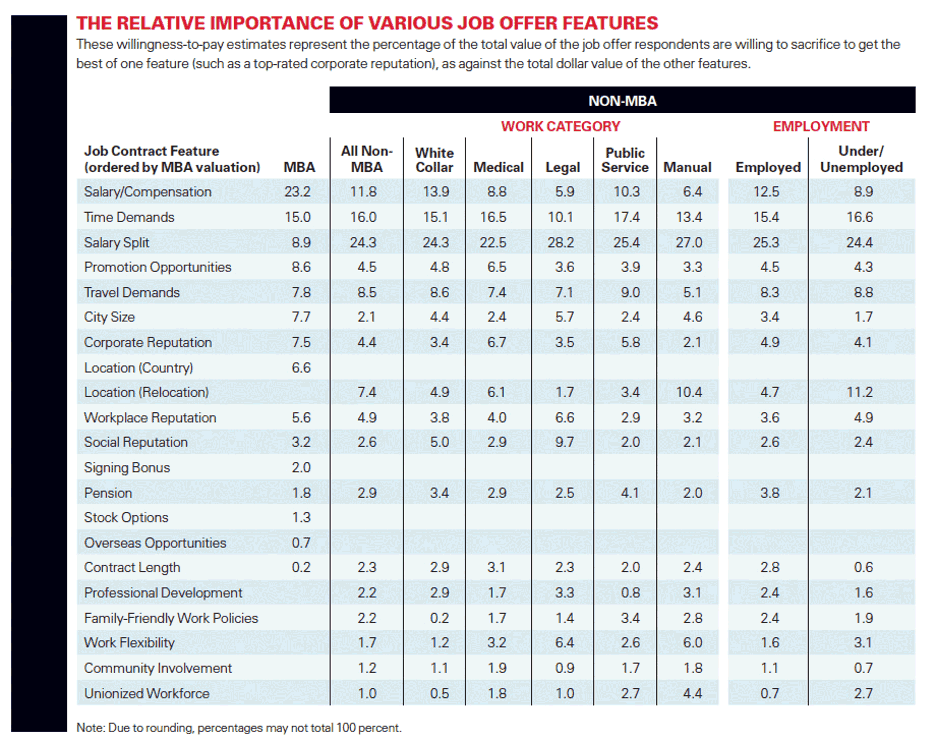Online Reputation Scores ? How Good is Good Enough
Your company’s online reputation is a real-time evaluation of what people think of your company on digital platforms.
Every public action, interaction, or publication will affect your online reputation. The strength of your web content, the positivity of your social media interactions, and the reliability of your customer service, just to name a few, all work together to build a digital representation of your brand.
How the public perceives that representation is your online reputation.
What is an online reputation score?
Your reputation score is a numerical value based on how your brand is perceived online. You can use your reputation score to gain insight into your strengths and weaknesses and improve your corporate performance, rank, and feedback.
The distinction between your reputation and your online reputation is important because your online reputation is impacted by different factors and must, therefore, be addressed with a different reputation management approach.
Reputation management is a set of practices and tactics used to influence how people think of a brand.
How is a reputation score calculated?
A reputation score is a bit like a credit score. Scoring services take your positive, negative, and neutral actions, interactions, and reactions and create a comprehensive assessment of your brands’ current standing among your stakeholders including peers, competition, investors, audience, and others.
Reputation scoring models are slightly different, but a standard reputation scoring model should include factors like online reviews and ratings, search impressions, the visibility of any negative online content, and the accuracy of your online listings.
Online Reviews
Reviews on Google and across other review platforms give a strong indication of the value of the product and/or service you provide, how that product or service is perceived, and how your business itself is perceived by the public.
Creating a review on sites like Google, Yelp, and Trip Advisor is often the first stop for someone dissatisfied with their interaction with your company.
Negative reviews will lower your reputation score, as will a lack of reviews or a lack of recent reviews. Positive, recent, detailed, and frequent reviews that are spread out across different sites will improve your score and drive consumers to your business.
Most people consider reviews before making a purchase decision, so it is important to monitor and address your reviews even if you’re not concerned with your online reputation.
Impressions
An impression is counted every time your brand is loaded on-screen in a search index. Impressions may be counted even if the consumers don’t look specifically at your brand.
A higher impression rate increases your chances of being seen by your audience and indicates either the quality of the content, a positive response to your product or service, or functional search engine optimization. Therefore, the more impressions you get, the higher your reputation score can be.
Listings
According to a local consumer survey performed by BrightLocal, 90% of consumers search for local businesses online. If your listings aren’t updated, accurate, and easily accessible, you’re diminishing your chances of being found and chosen by the consumers who require your services locally.
Your online reputation score will take into account the accuracy of those listings to determine whether your business is making itself available to online consumers.
Credit: BrightLocal, 2019
Why your reputation score is important
Sales
The statistics that support the importance of online reputation have never been as powerful and telling as they are now. Current events have acted as a catalyst in the global transition to a digital marketplace. In the first quarter of 2020, e-commerce made up almost 12% of all retail sales. That’s almost a 15% increase from the first quarter of 2019. While retail increased by only 2%, e-commerce has been skyrocketing.
A good reputation score can mean higher sales.
PERCENT OF TOTAL SALES THAT ARE ONLINE
Credit: U.S. Census Bureau News, U.S. Department of Commerce, 2020
Recruitment
This one is pretty self-explanatory. People want to work for companies with good reputations and don’t want to work for companies that have bad ones.
Improving and scaling your business requires the recruitment of solid talent that will not only be capable of performing the required tasks but will add value to your company and company culture.
MIT Sloan research found that reputation accounts for over 16% of the value of a proposed contract (corporate reputation 7.5%, workplace reputation 5.6%, and social reputation 3.2% – see graphic below).
Even more pressing, 69% of job prospects will reject an offer from a company with a poor reputation and a whopping 92% of job prospects would consider leaving their job for a company with an excellent reputation. Brands with great reputations attract the best candidates.
Credit: MIT Sloan Management Review
How do I find my reputation score?
There are a variety of scoring services that can provide you with a reputation score. Scores can’t be compared across different services as the value range and factors are different for each one, so it’s important to investigate the method of calculation before choosing a scoring model. Service providers should be transparent about the factors considered in your score.
Many types of reputation scores
- MyLife uses a reputation score
- Hotels can get a special score
- Some scores are generated from reviews
- Banks have reputation scores
- Schools have reputation scores
- Facebook users have a reputation score
- There are other social media scores too
- Even domains have scores
To get your reputation score, you need to choose a scoring model that encompasses all the factors you want to address. You might get a better score by choosing a model that neglects certain factors, but the point of a reputation score is to give an accurate picture of your online public perceptions so you can address weaknesses and improve your standing for both consumers and candidates for employment.
Once you’ve chosen a model, find out what type of scoring they offer. Some will offer free scoring while some sell their scoring services or include scoring services with their paid reputation management services.
What types of reputation scoring models are available?
Some of the more complex scoring models provide insight into the value of individual actions. In this way, your reputation score will not only determine your standing in public perception, it also will identify the key factors that are influencing that perception.
One such scoring service provides a score between 0 and 100 that illustrates your reputation in comparison to those of your competitors and provides a measure of the value your reputation adds to your company.
Another method of measuring reputation is RepuScore. RepuScore measures the visibility of positive, negative, and neutral content associated with a brand name. For example, RepuScore measures how often positive or negative content is viewed online based on position, level of positive or negative content, how much control a brand has over their online content, and more. It then returns a score that can be tracked over time.
One of the most widely-advertised reputation scoring services bases its calculations on a 1000-point grading system. They determine public perception using basic factors like reviews and ratings, impressions, listings, and engagement. Some reputation scoring services will provide a detailed analysis of each factor, like your number and distribution of reviews, visibility, website analytics, and more.
Another type of scoring model uses a simplified formula to calculate your reputation based on your company culture, social responsibility, leadership quality, financial performance, customer sentiment, and products and/or services. This provides a great baseline for addressing weaknesses and building upon strengths in your reputation, which is the foundation of good reputation management.
Other scoring models use a more direct consumer-response approach, and they rank your reputation against other companies across multiple industries. For example, one service shows the top 100 reputations that tend to score between 50 and 100 on their scale. Naturally, this model is only applicable to the companies the scoring service chooses to list, but those companies can use this information to develop more effective reputation management processes.
How do you raise your reputation score?
Improving your online reputation starts with learning your score through a qualified reputation management service. Choose a service with plenty of experience in your industry and most importantly, a good reputation themselves. That will be a pretty reliable indicator of whether a reputation management company knows what they’re doing.
Once you know where you stand, you can start to address the weaknesses that might be dragging your score down. A good reputation management service provider not only can assess your strengths and weaknesses, they also can help you update your listings and increase positive reviews and impressions.
You should also consider the online reputation of your company’s executives because they affect the reputation of your company as a whole. Your online reputation management service should be able to address any needs and concerns with your executives’ reputations as well.
Reviews
Increasing your positive reviews is easier than you might think. Your management service can help you implement programs for recruiting positive reviews to Google and other platforms while directing negative reviews back to your company to be addressed. Both actions are a crucial part of improving your online reputation.
Impressions
Impressions can be purchased through PPC advertising or earned organically by improving your on-page and off-page search engine optimization. It takes time to develop the content volume, links, and authority required for good SEO, so the best strategy for increasing your number of impressions is to combine advertising and SEO.
Listings
Google My Business listings are a crucial part of your online reputation, as are your other listings across the web. Review, update, and monitor all of your business listings and provide multiple contact methods for your customers. If you don’t have a Google My Business listing, or if you only have one or two online listings at all, try posting more throughout the web.
Social Media
Monitoring social media can give you insight into what people are saying about you and other businesses in your market, which in turn helps you gain a better understanding of your customers, scope current and upcoming trends, build relationships, and pull leads. Social media gives you a tremendous opportunity to engage with your customers and overall demographic to professionally build, protect, and defend your brand.
Reputation Scoring FAQs
What is an online reputation score?
An online reputation score is a numerical value that is assigned to how your brand is perceived online. It is determined by scoring your positive, negative, and neutral online properties.
What factors affect my reputation score?
Your reputation score is affected by online reviews and ratings, search impressions, negative online content, and the accuracy of your online listings.
What does a reputation manager do?
A reputation manager addresses the factors that affect your online reputation, working to correct the negative and increase the positive by monitoring and taking action on relevant talk and activity. Your reputation manager may also engage your audience by participating in discussions about your brand online.
What is a good reputation score?
It depends on the type of scoring system used. The numeric value that’s considered a “good” score will change depending on the scale of the model used to calculate it.
In one model, on a scale of 1 to 1,000, a typical score is between 500 and 550 and any score over 600 is considered good while a score over 800 is considered excellent. One way to figure out your position with any scoring model is to find out where you stand in your industry. Look at the reputation scores of the top-performing companies in your field (on the same scoring model) and assess your standing relative to theirs.
What is a bad reputation score?
Using a 1000-point scale, 400 points is considered poor. (Naturally, this number will change depending on the model you use, but it is safe to say that any score lower than 50% of the possible points is poor and needs to be improved.)
A lower-than-average score will indicate that the digital public perceives your company as being less reputable than most other companies in your industry. If a company has not been devoting any resources to building and maintaining their online reputation, it is not uncommon to find that their reputation score is fairly low upon first inspection.




